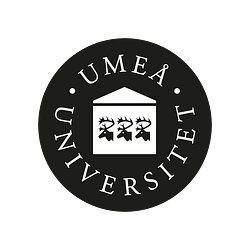Press release -
Umeå University launches global study on Dengue fever
On September 21-23, researchers and specialists from 11 countries, including Thailand, Singapore, Brazil, Sri Lanka, Malaysia, and several European countries, will meet in Umeå to begin a four-year collaboration set to enable the surveillance and control of Dengue fever.
The meeting will be hosted by Umeå University´s Centre for Global Health Research, which has been selected by the European Commission to lead the 5.6 million Euro research project called “Dengue Tools”.
Dengue fever is a mosquito-borne viral disease estimated to cause about 50-100 million infections worldwide every year, of which 25,000 are fatal. Global incidence has risen rapidly in recent decades: some 2.5 billion people – two fifths of the world's population – are now at risk, mainly in the tropics and sub-tropics, but climate change and travel patterns have also contributed to the introduction of Dengue fever even in Europe.
The meeting will take place at Folkets Hus in Umeå, where the researchers will present their study plans and objectives, led by project leader Annelies Wilder-Smith, Professor at Umeå Centre for Global Health Research. As the coordinating body of the collaboration, Umeå University will contribute researchers who will be responsible for the modeling of climate and global travel patterns, training and conducting research, providing specialist skills on information management, as well as creating an early warning system for Dengue fever, and for the overall project management and dissemination.
For more information on the meeting and on the research project, please contact:
Dr. Johannah Wegerdt
Scientific Project Manager for Dengue Tools
Department of Public Health and Clinical Medicine, Epidemiology and Global Health
Umeå University
Tel: +46 (0)72 714 66 24
E-mail: johannah.wegerdt@epiph.umu.se
Umeå Centre for Global Health Research
